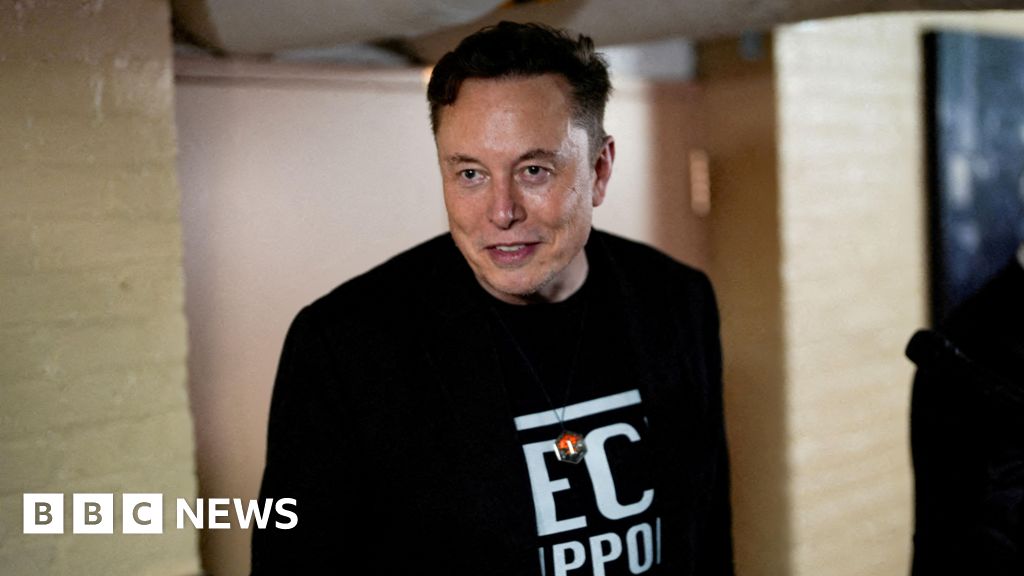
The recent spat between Tesla CEO Elon Musk and White House trade advisor Peter Navarro highlights a growing tension between the perception of innovation and the realities of manufacturing policy. Navarro’s description of Tesla as a “car assembler” rather than a manufacturer ignited a fiery response from Musk, revealing a fundamental disagreement about the nature of modern automotive production and its place in the American economy.
Navarro’s comment, while seemingly innocuous at first glance, implies a devaluation of Tesla’s technological advancements. The term “assembler” suggests a company primarily focused on putting together parts sourced from elsewhere, with minimal in-house design or engineering. This characterization completely ignores Tesla’s significant investments in battery technology, autonomous driving systems, and the overall design and integration of its vehicles. While Tesla undoubtedly utilizes components from suppliers, the company’s core value proposition rests on its vertically integrated approach, controlling many aspects of the supply chain to optimize performance and innovation.
Musk’s indignant response, while perhaps lacking in diplomatic finesse, underscores the frustrations felt by innovators when their contributions are minimized or misrepresented. Tesla’s story is one of disruptive innovation, challenging established automotive giants with its focus on electric powertrains and cutting-edge technology. To reduce this narrative to mere assembly overlooks the monumental engineering and R&D efforts that have made Tesla a global player.
The clash also reflects a broader debate about the future of manufacturing and the definition of “Made in America.” In a globalized economy, it’s increasingly difficult to neatly categorize companies based on where components originate. Many manufacturers, regardless of their branding or headquarters, utilize a complex international supply chain. To simply criticize companies for leveraging global expertise ignores the complexities of modern production and could inadvertently stifle innovation and economic growth.
Furthermore, the exchange reveals a potential disconnect between political rhetoric and the realities of technological advancement. While Navarro may be focused on promoting traditional manufacturing jobs and a protectionist agenda, the automotive industry is undergoing a radical transformation. Tesla’s success, along with that of other electric vehicle companies, demonstrates a shift towards a technologically driven future, one that requires a different understanding of manufacturing and its role in the economy.
The controversy forces us to consider a more nuanced approach to assessing a company’s contribution to the economy. It’s not enough to simply count assembly lines or track the origin of parts. We need to consider the intellectual property, the research and development, the technological innovation, and the overall economic impact, both direct and indirect. This includes factors like job creation in engineering, software development, and related industries.
Ultimately, the Musk-Navarro feud serves as a case study in the challenges of bridging the gap between traditional industrial policy and the rapidly evolving landscape of technological innovation. It’s a reminder that simplistic labels and generalizations can be misleading, particularly in an industry as dynamic and complex as automotive manufacturing. The future of manufacturing lies in embracing innovation, and policies should reflect that reality.



Leave a Reply